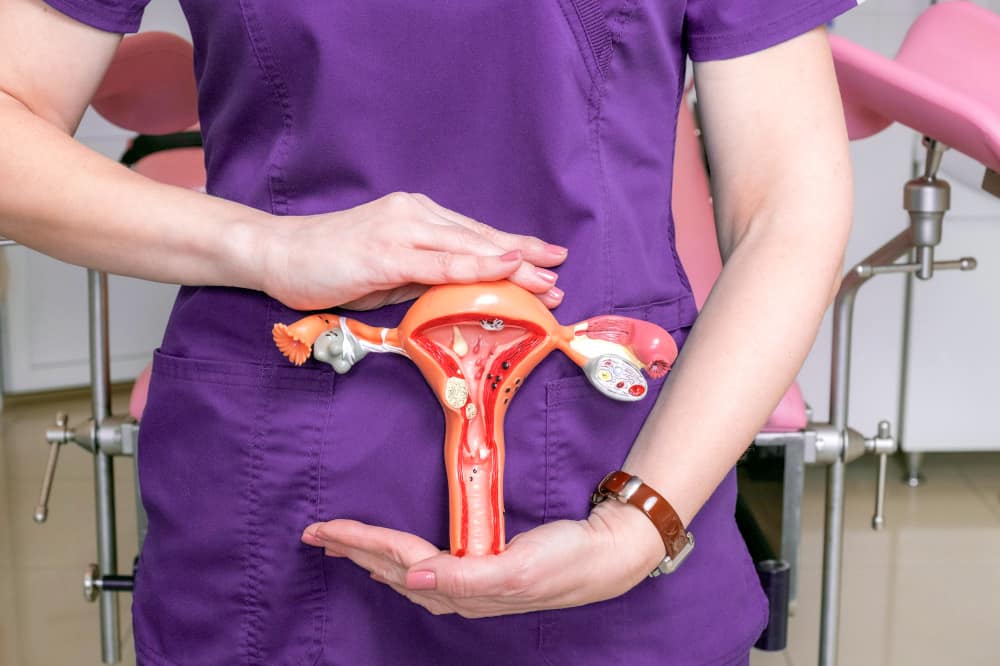Functional ovarian cysts or simple ovarian cysts are common and usually resolve on their own without treatment. However, in some cases, they may cause symptoms or complications that require management. Here are some common approaches to managing functional ovarian cysts:
1. Watchful waiting: In many cases, a functional ovarian cyst will resolve on its own without any treatment. Your doctor may recommend regular monitoring through follow-up appointments or imaging tests to track the size and appearance of the cyst.
2. Pain management: If the cyst is causing pain or discomfort, over-the-counter pain medications such as ibuprofen or acetaminophen may help relieve symptoms. Your doctor may also prescribe stronger pain medications if needed.
3. Hormonal therapy: Birth control pills or hormonal contraceptives may help regulate the menstrual cycle and prevent the formation of new cysts. They can also help shrink existing cysts by preventing ovulation.
4. Surgical intervention: In rare cases, a functional ovarian cyst may be large, persistent, or cause severe symptoms that require surgical removal. This may be done through a minimally invasive procedure such as laparoscopy.
5. Drainage: If a cyst is causing significant pain or complications, your doctor may recommend draining the fluid from the cyst using a needle or catheter. This is typically done under ultrasound guidance.
It’s important to follow up with your Gynecologist in Indore for ongoing monitoring and management of functional ovarian cysts. If you experience severe or sudden abdominal pain, fever, vomiting, or other concerning symptoms, seek immediate medical attention as these may indicate a complication such as ovarian torsion or rupture.

